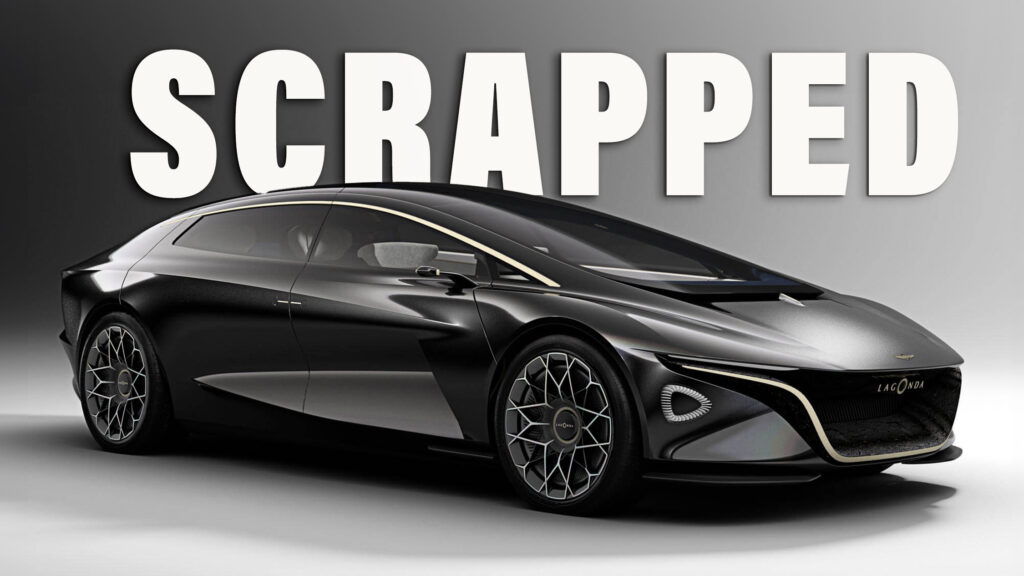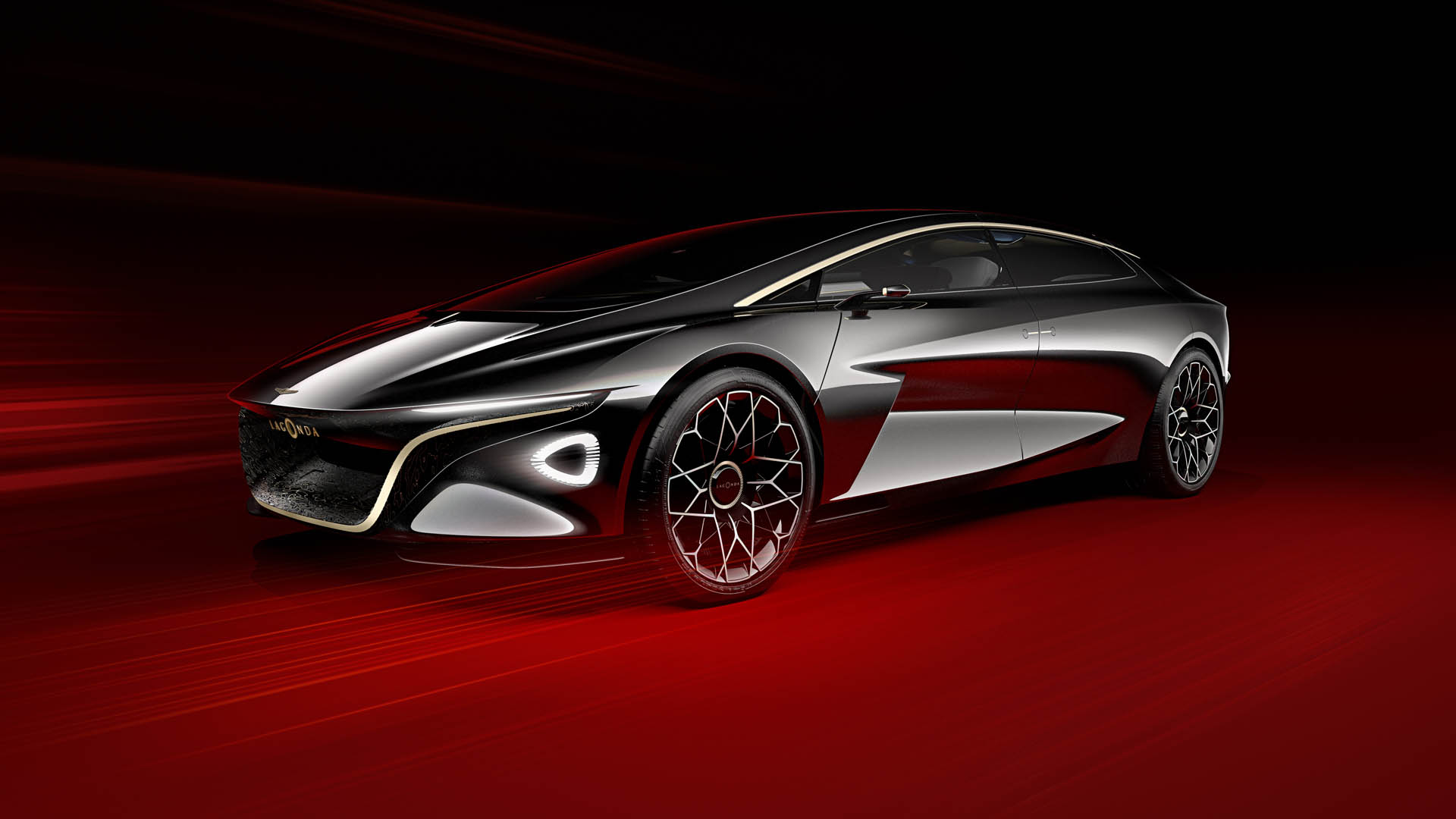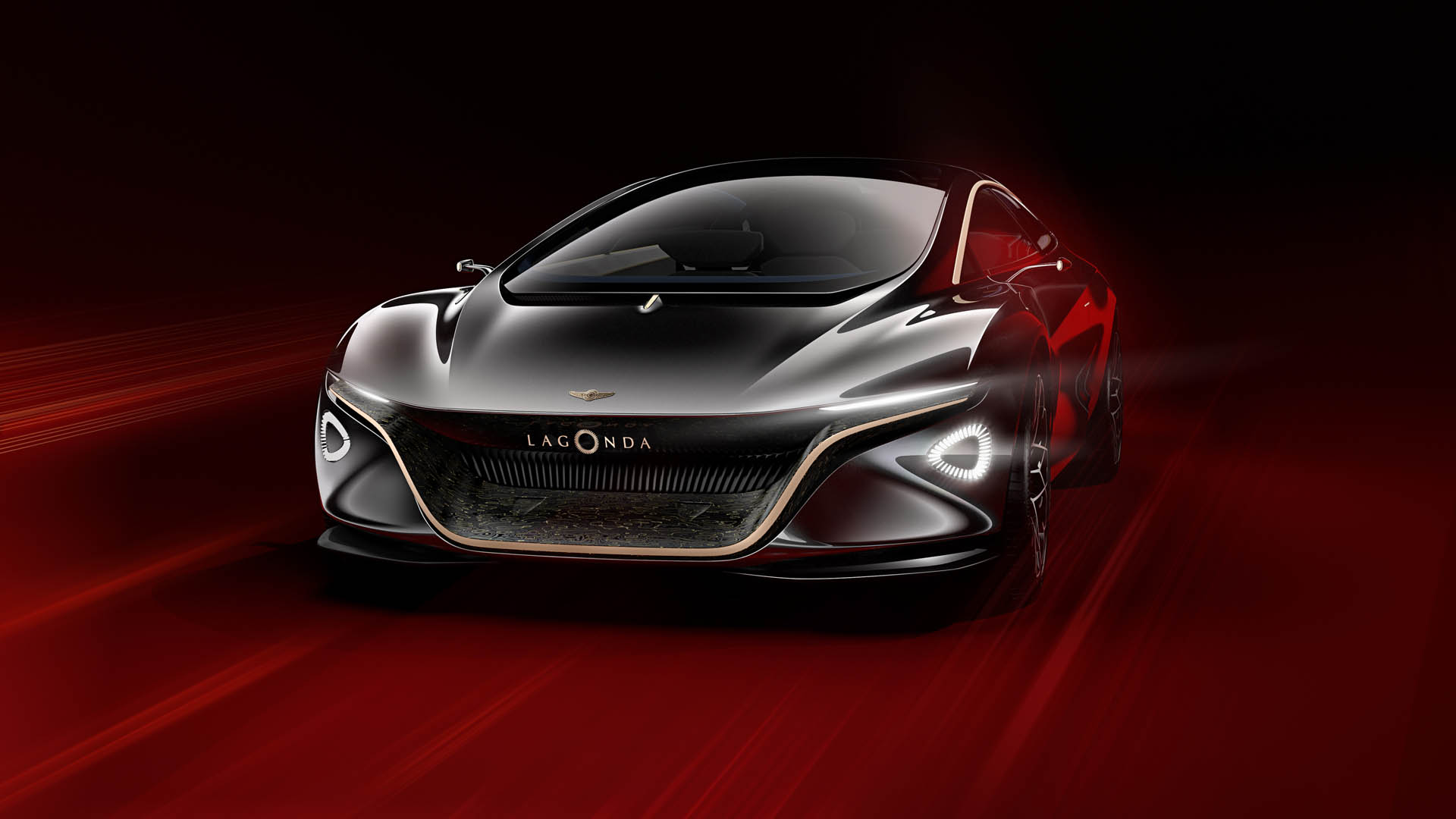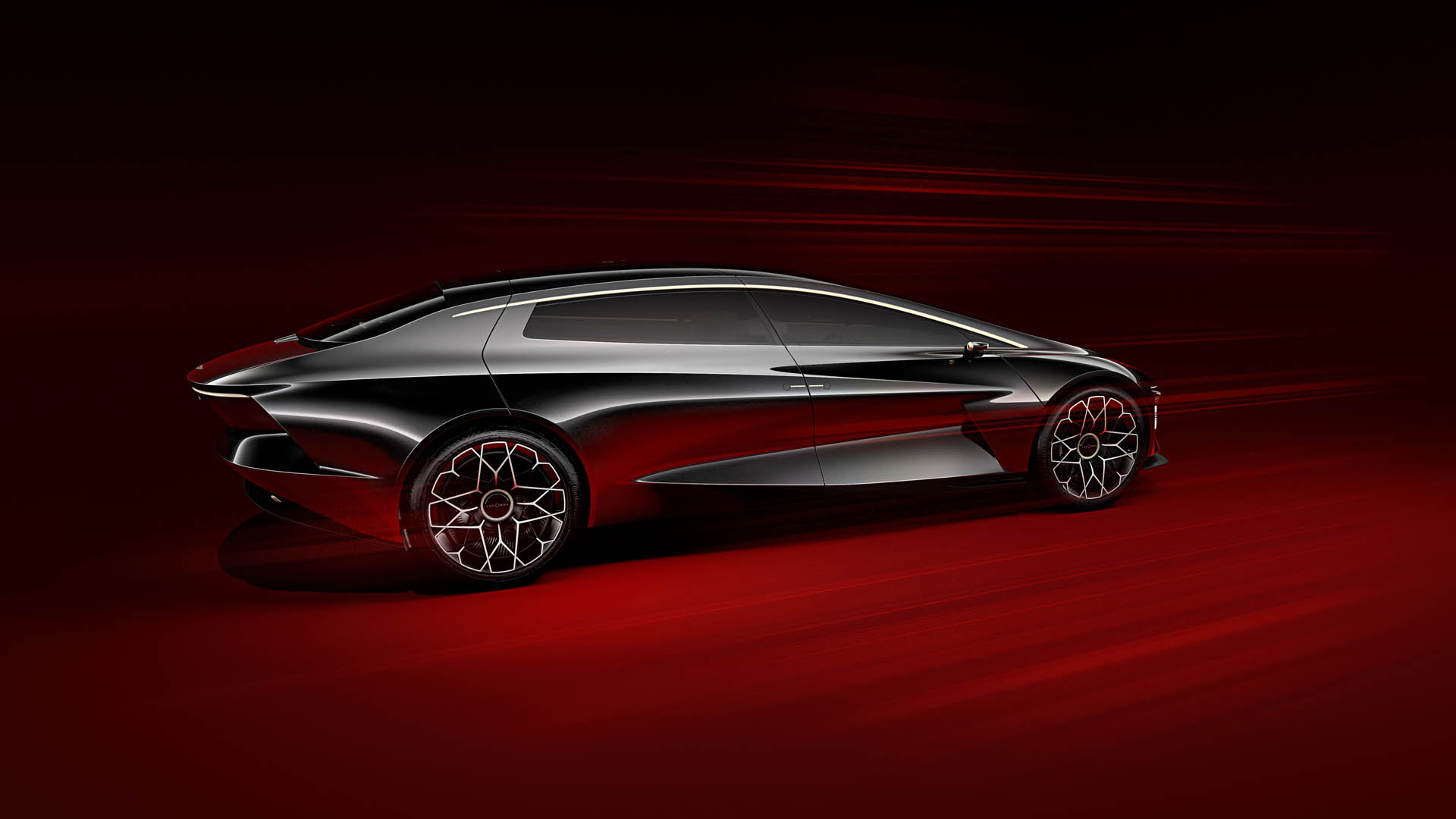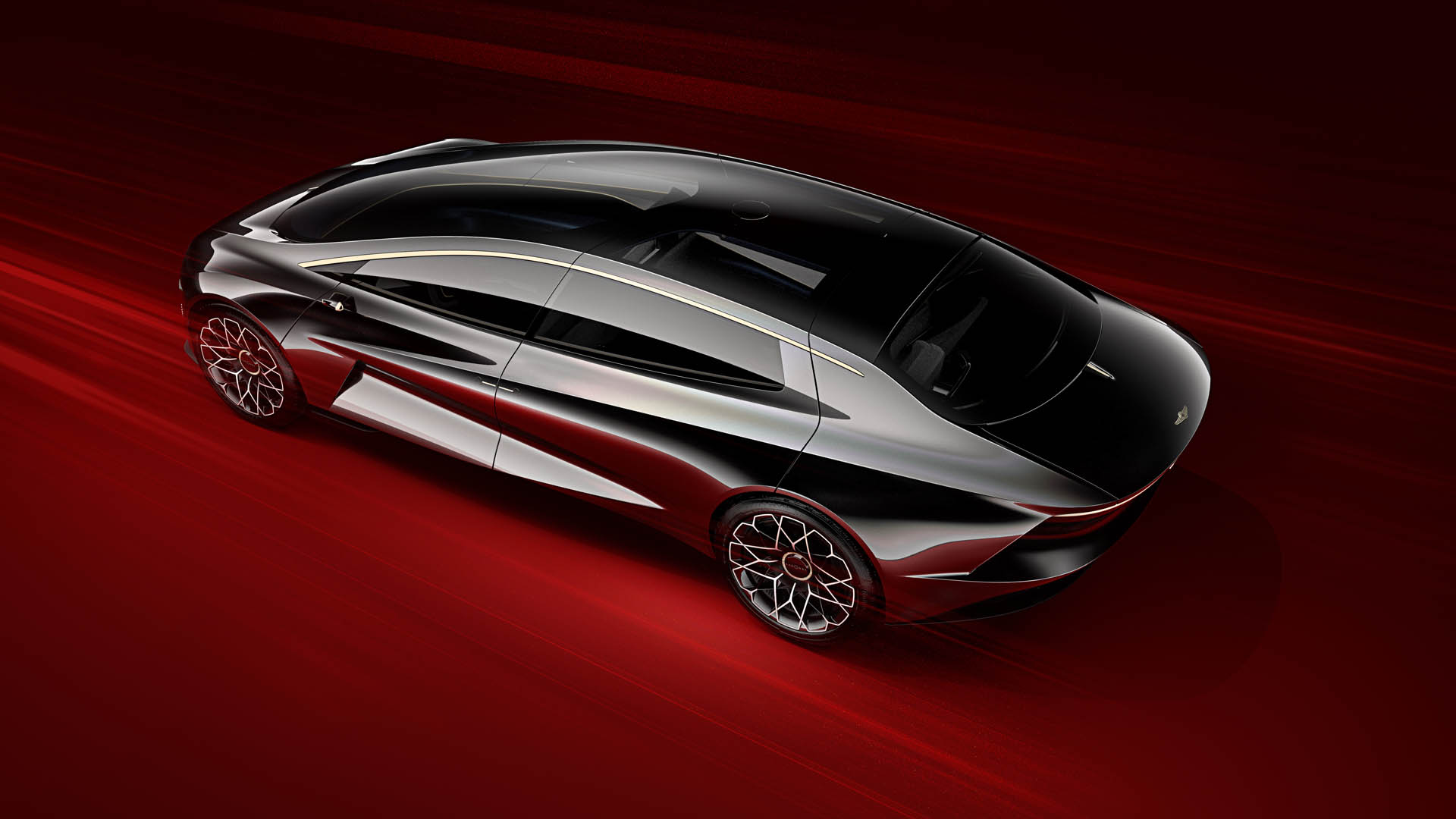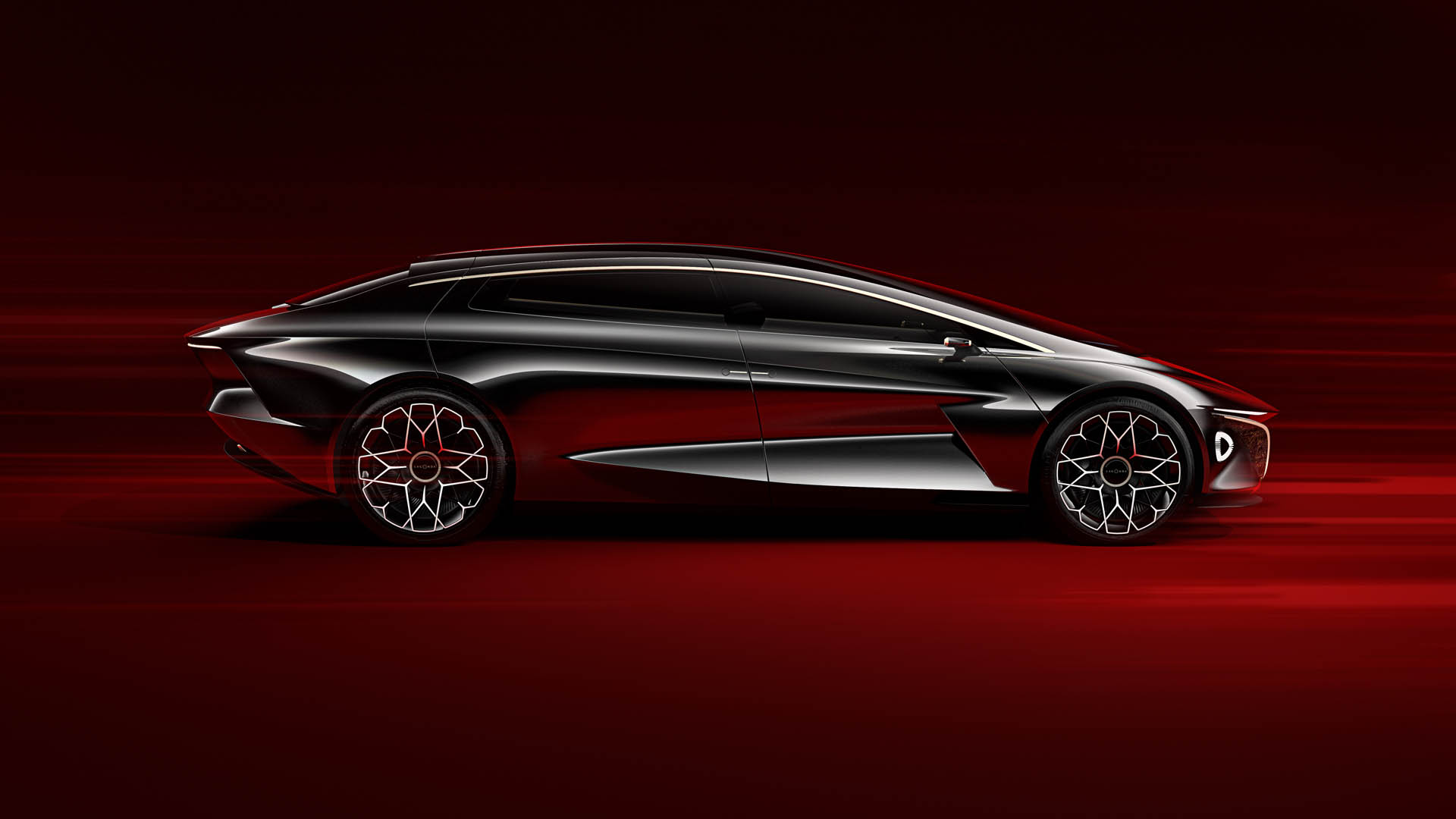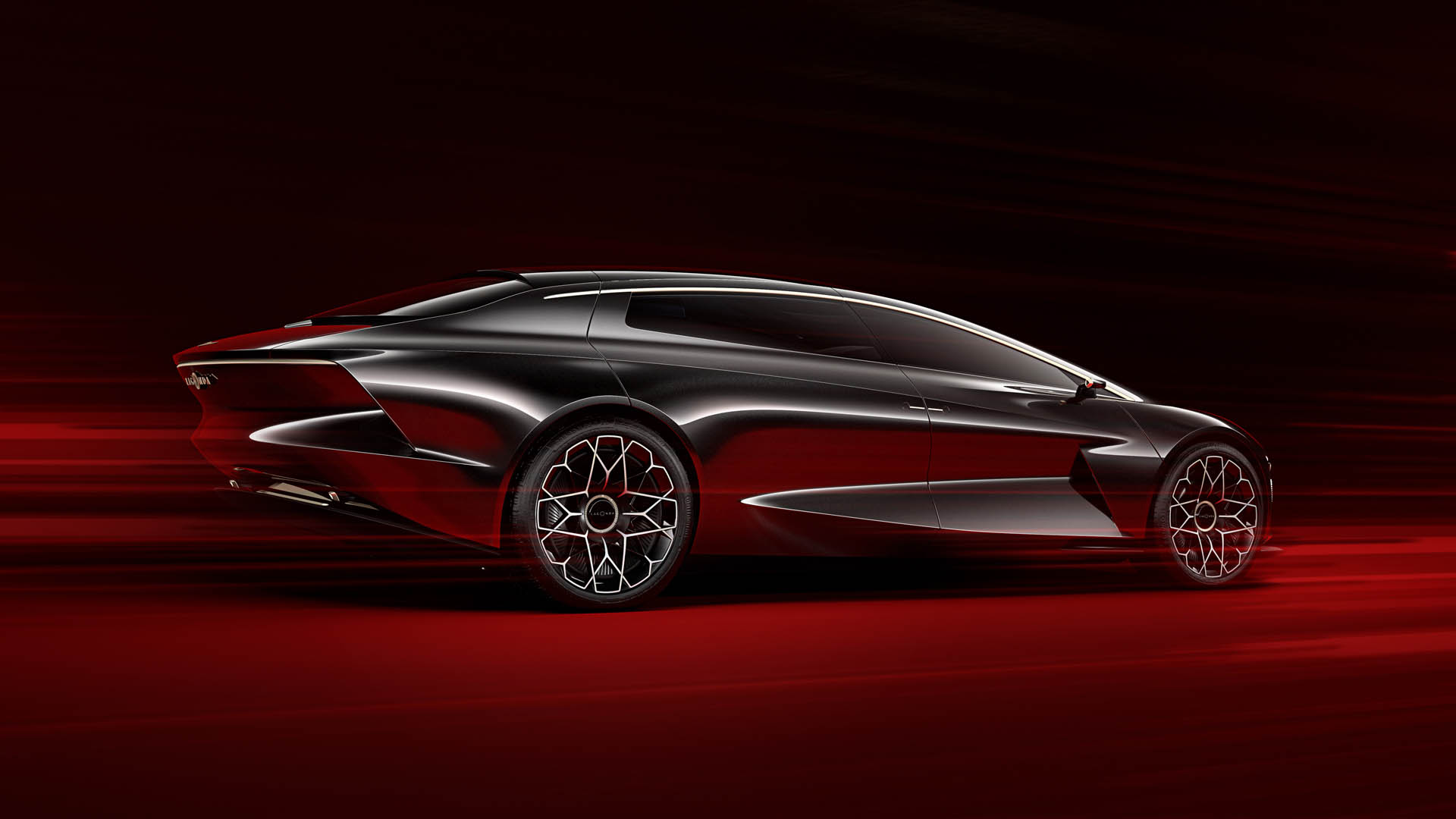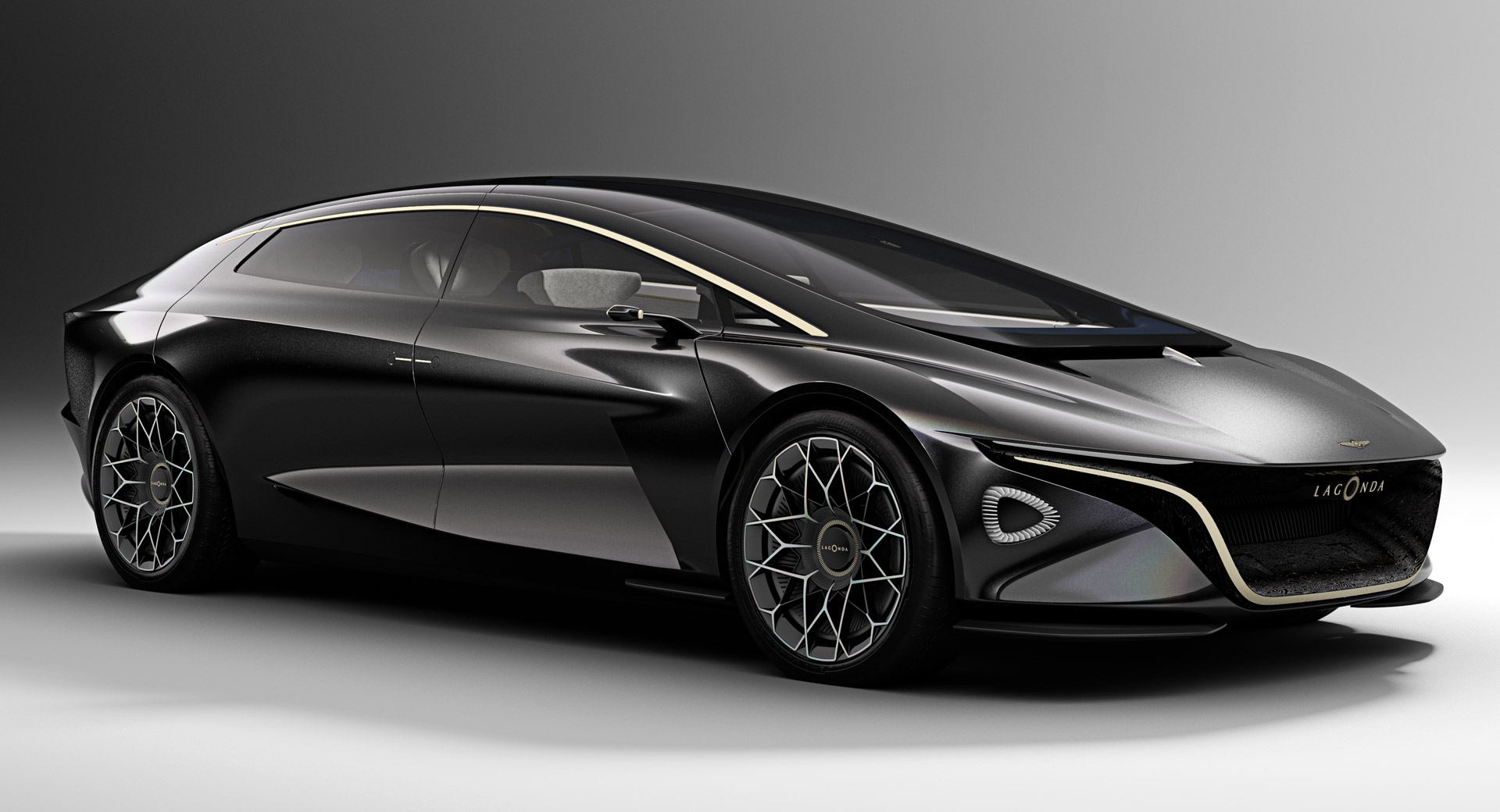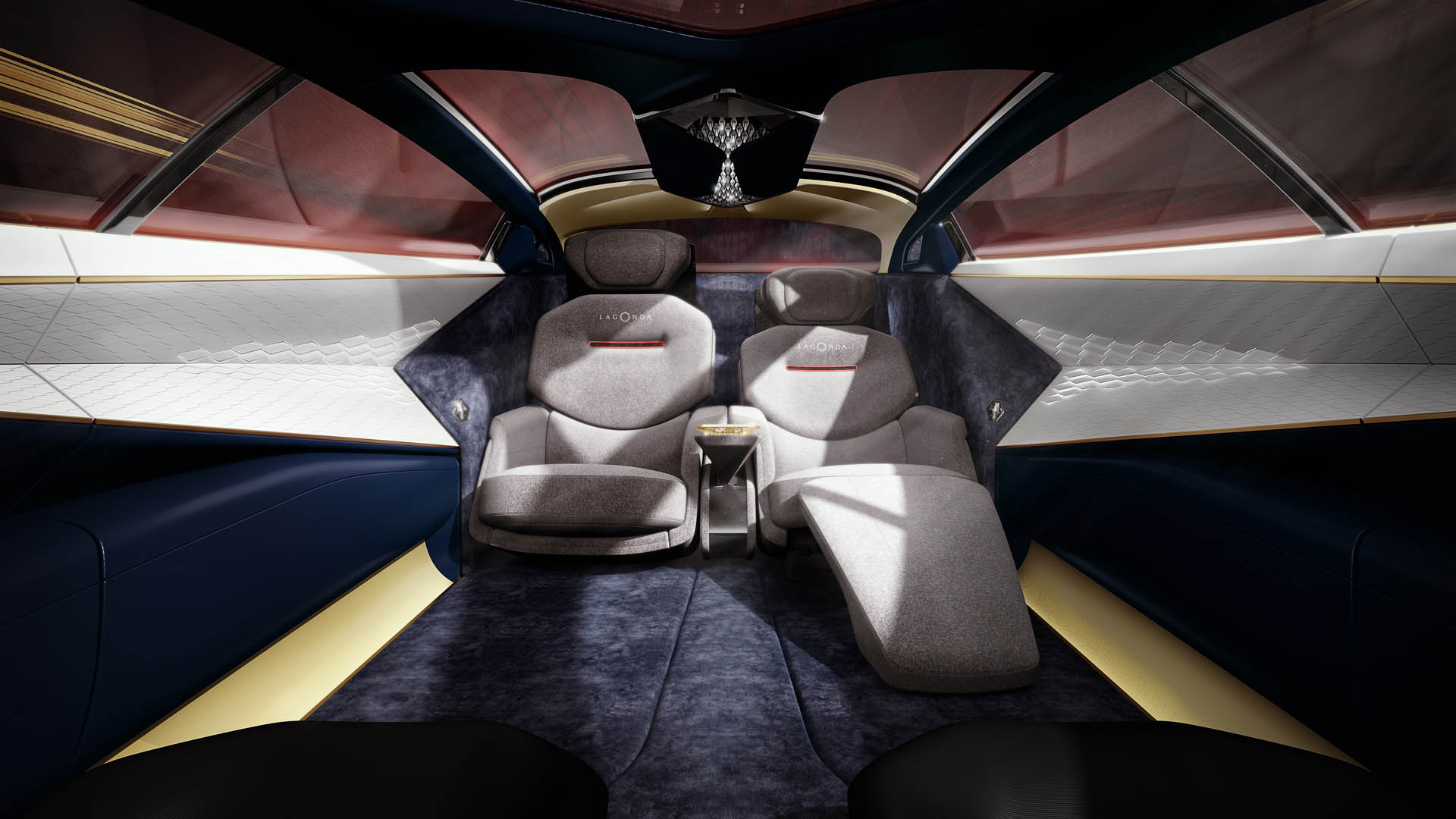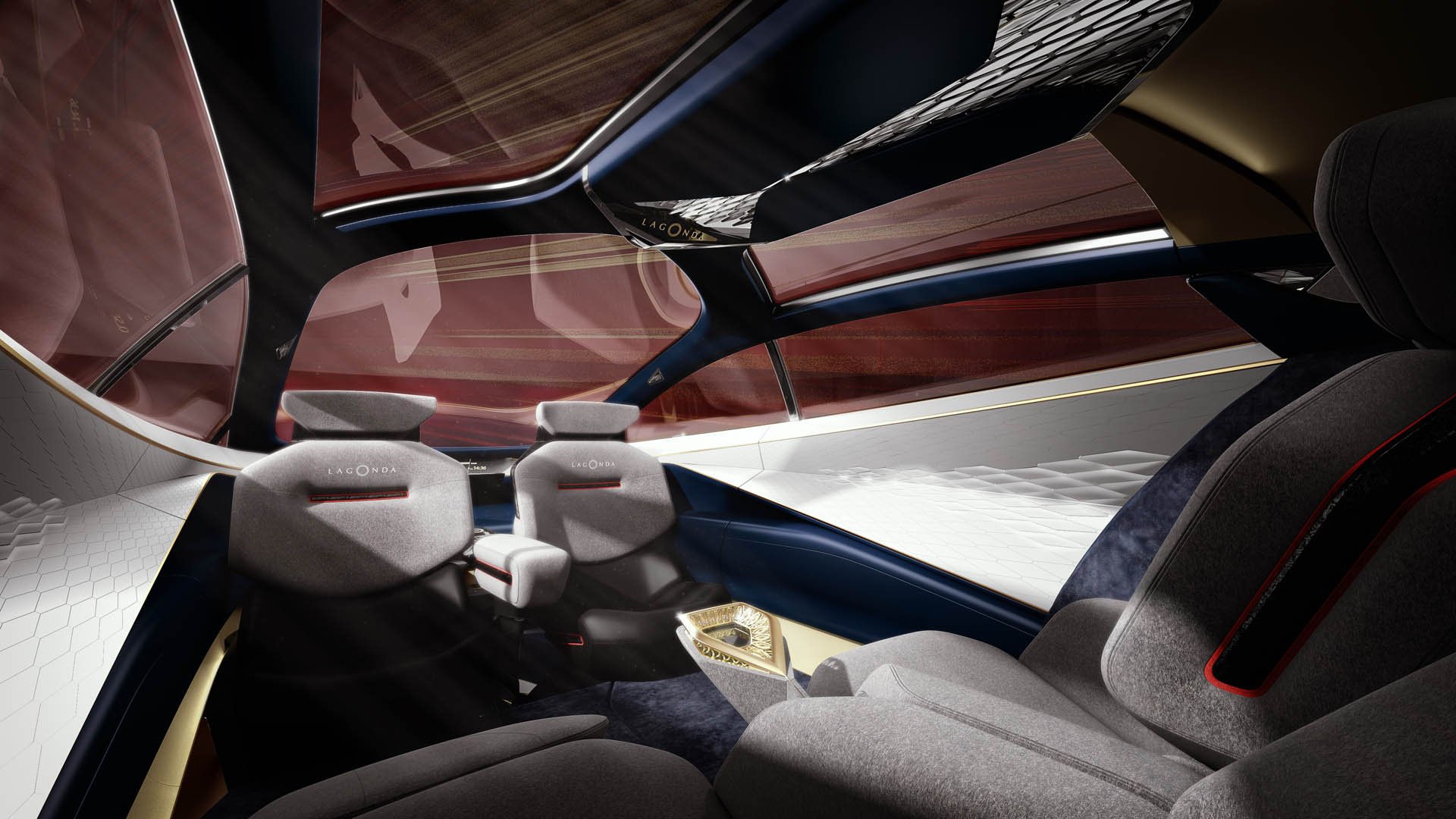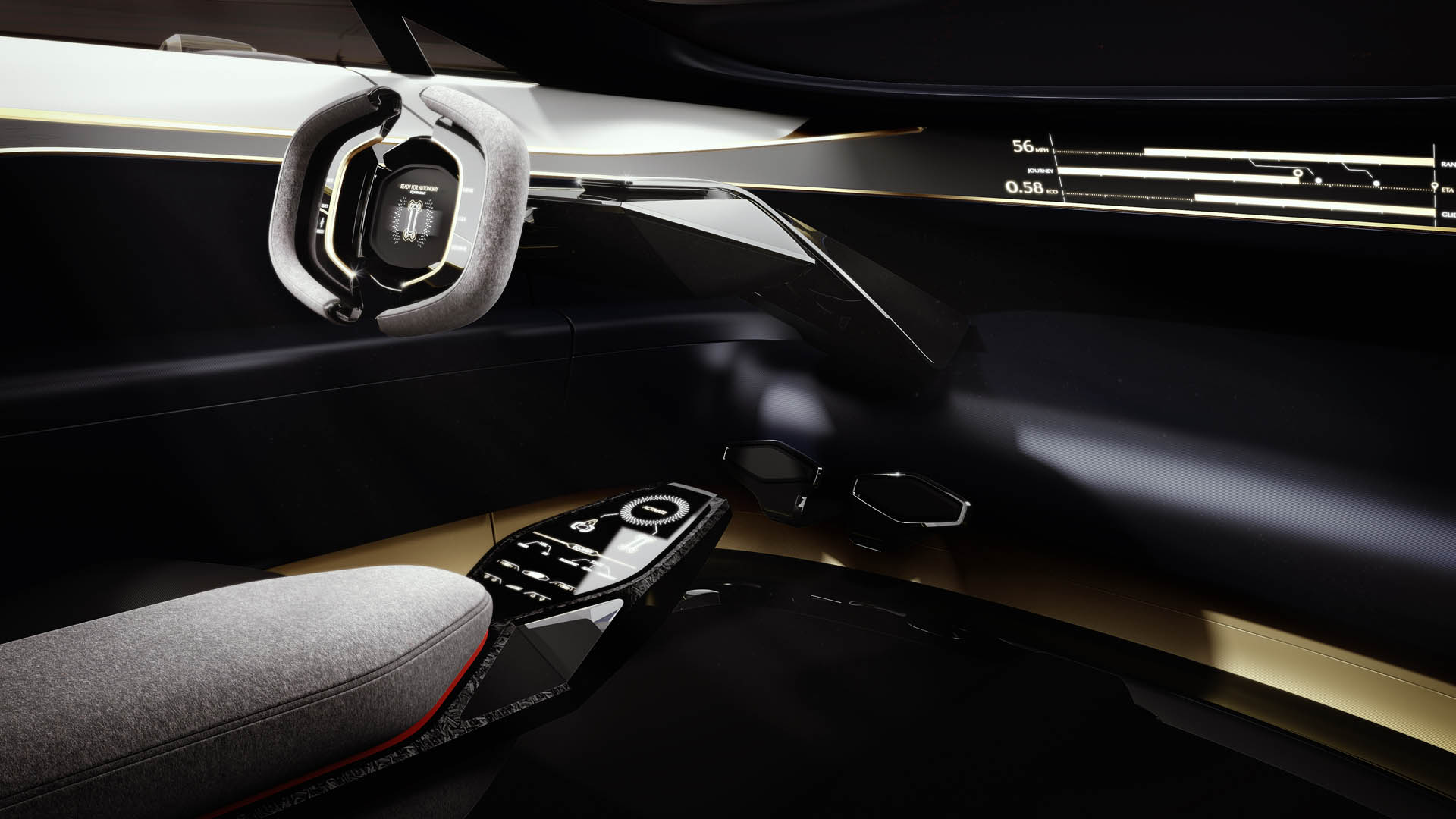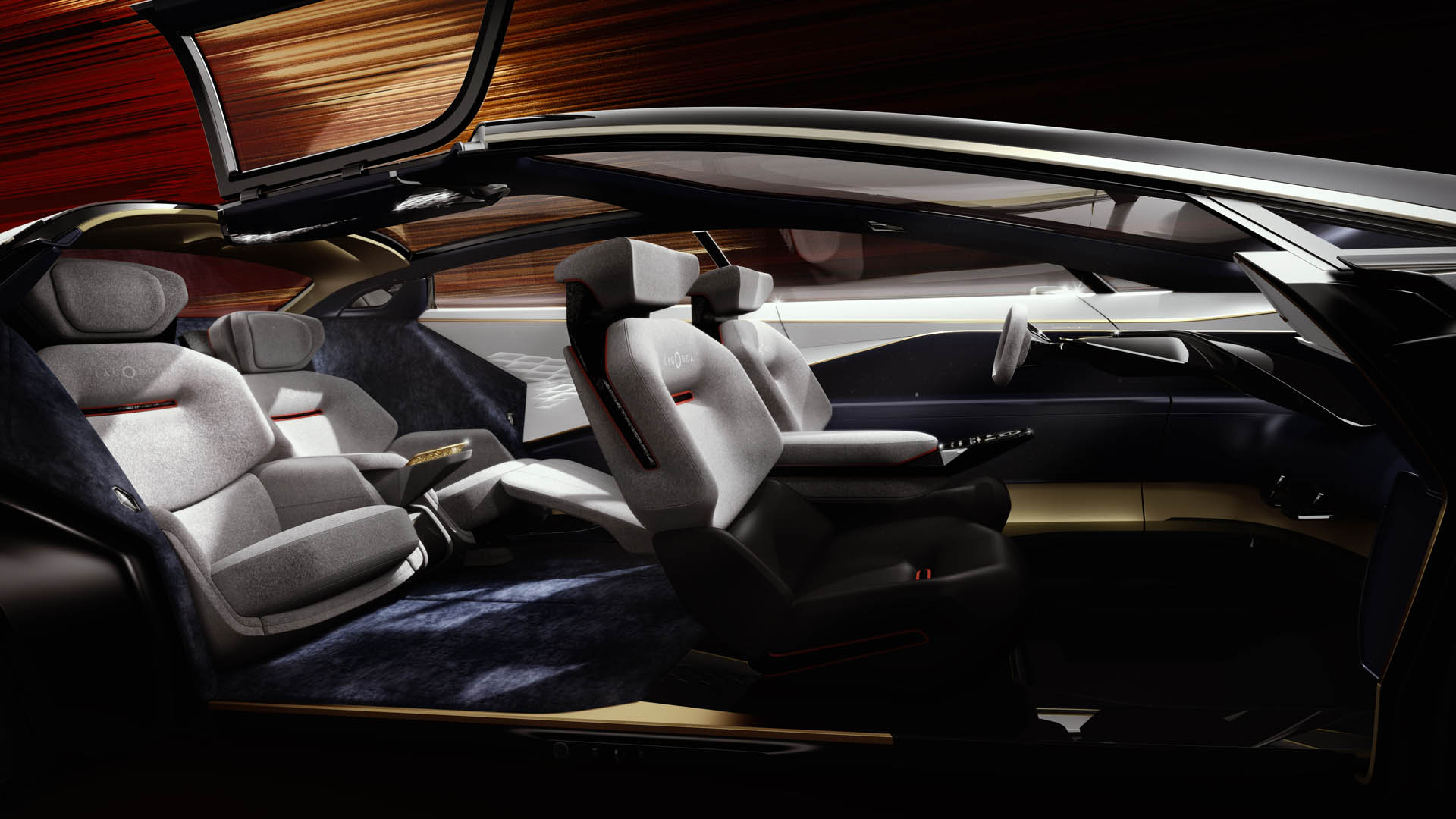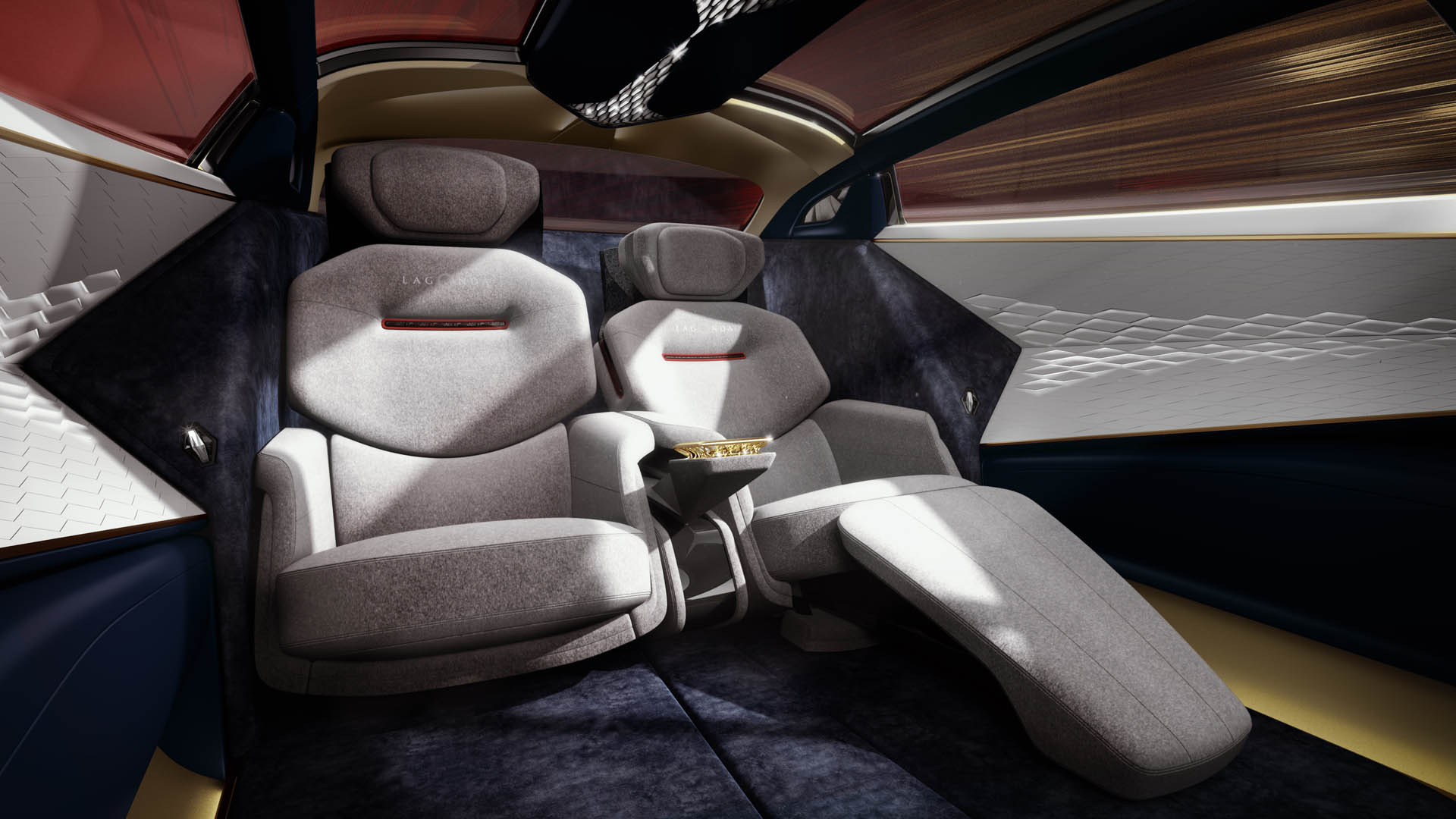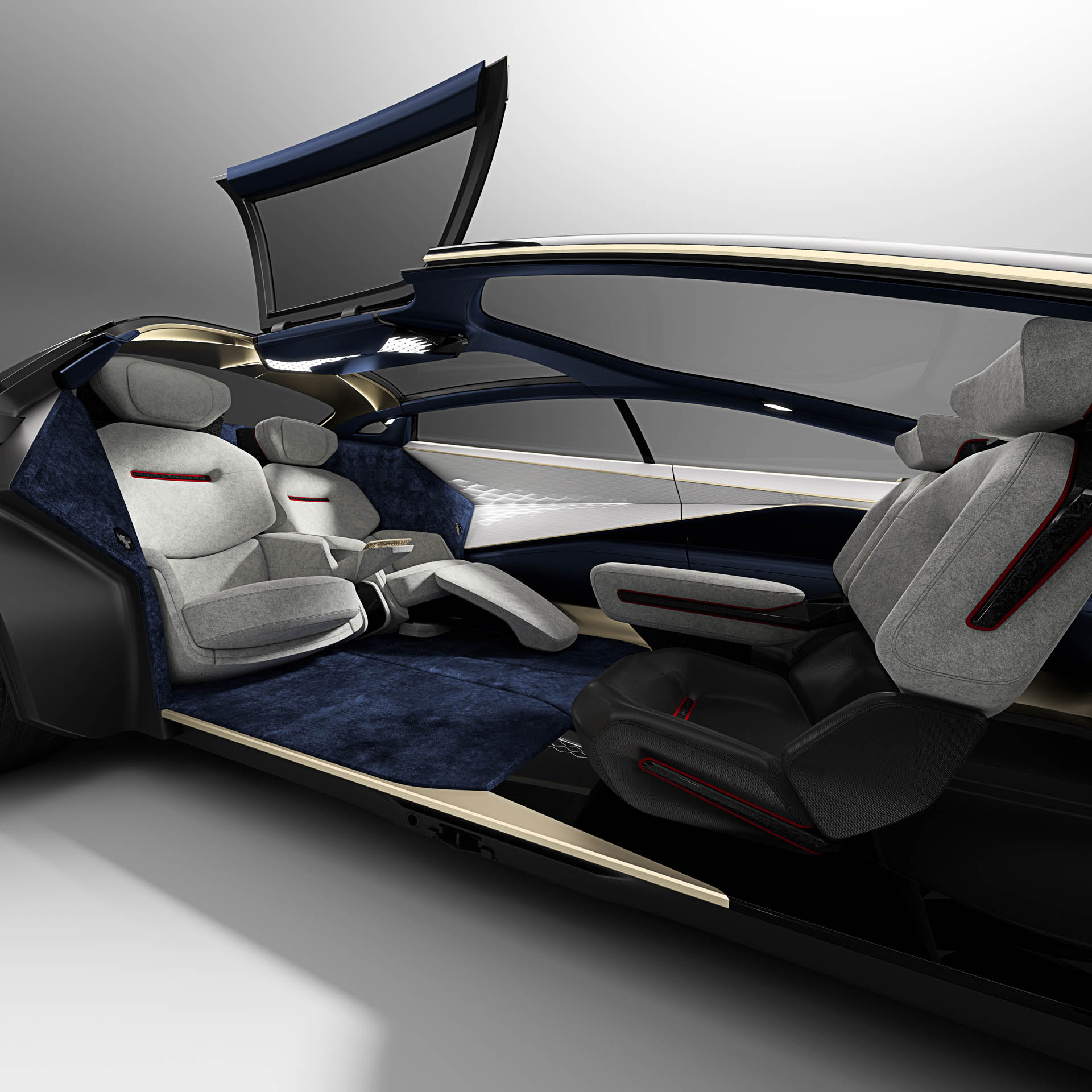It’s not only mass-market carmakers that are rethinking their EV strategy in the face of lower-than-expected demand. This week Aston Martin confirmed that the brand’s first-ever EV, originally slated for a 2025 launch, has been pushed back a year.
“The consumer demand [for EVs], certainly at an Aston Martin price point, is not what we thought it was going to be two years ago,” chairman Lawrence Stroll told journalists. Instead, Stroll said, buyers were more interested in plug-in hybrid cars because while they do want a vehicle with some form of electric power, they also want to “still have the sports car smell and feel and noise.”
“We have addressed that [reduced demand for EVs] and will be coming out with a couple of very important plug-in hybrids before we launch our full BEVs,” Stroll said. “So we’ll have a full complement of ICE, PHEV and BEV to last us well into the mid 2030s.”
Related: Aston Martin To Offer A PHEV Option Across Its Model Lineup
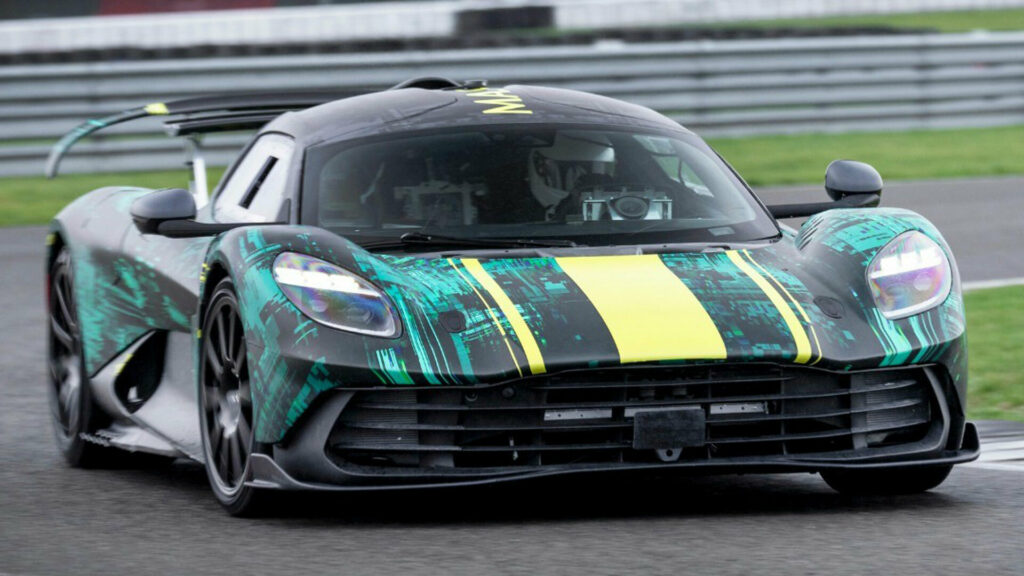
Last summer the Canadian Aston boss revealed that the firm was working on four new EVs, the first of which was due for launch in 2025. The company has teamed up with Lucid in a deal that gave the Saudi-backed American EV brand a 3.7 percent stake in Aston in exchange for access to its EV powertrains.
Aston takes its first step towards an electrified future later this year when it releases the production version of the Valhalla, a mid-engined supercar powered by a hybrid V8 from AMG. But as one new Aston is born, dreams of another have been permanently snuffed out. The firm had planned to revive its Lagonda brand as a Bentley rival and showed a couple of luxury concepts before the pandemic, but Stroll – who arrived at Aston after the plans had been hatched – says those dreams have been scrapped.




